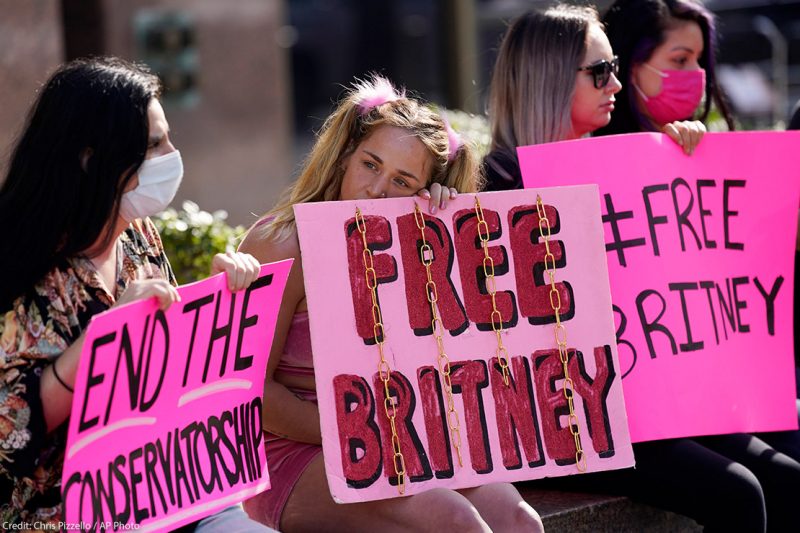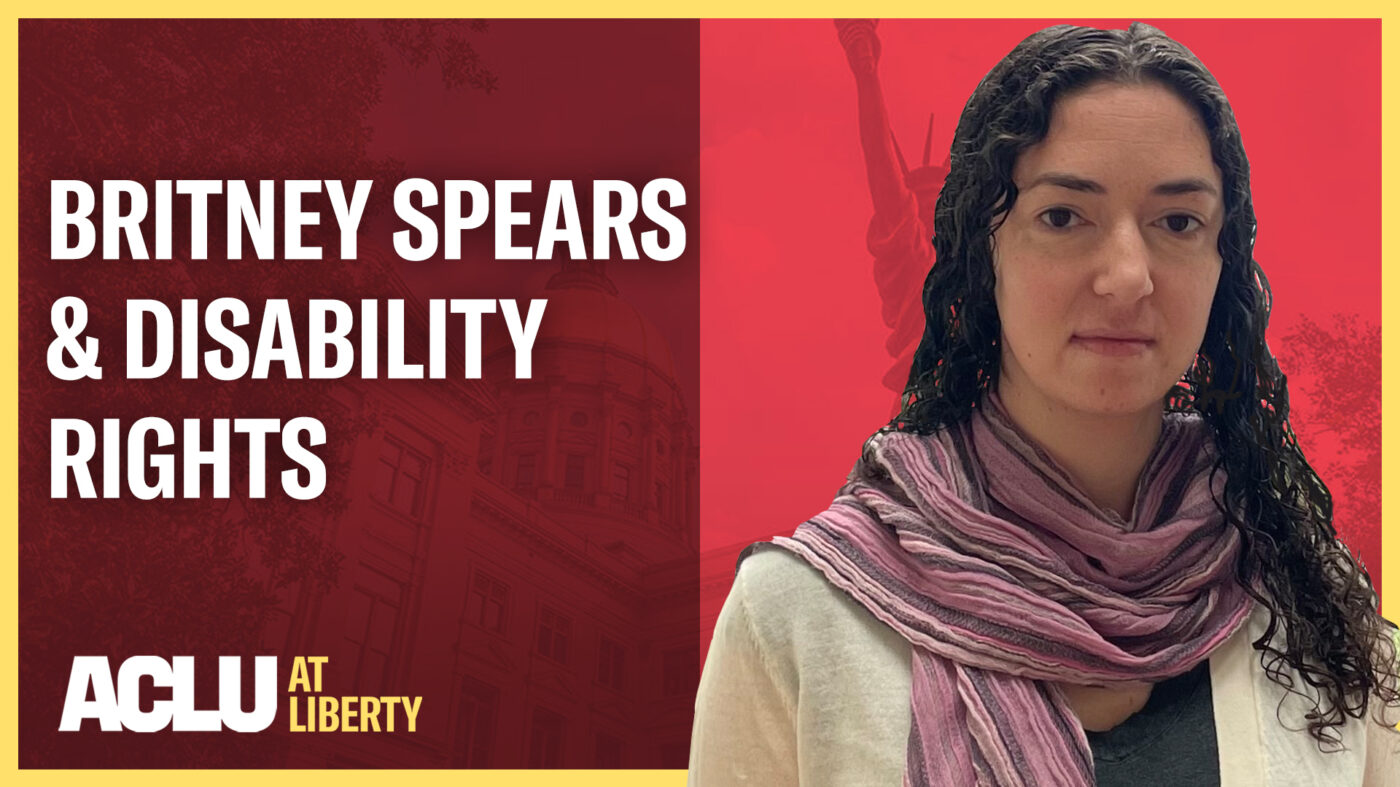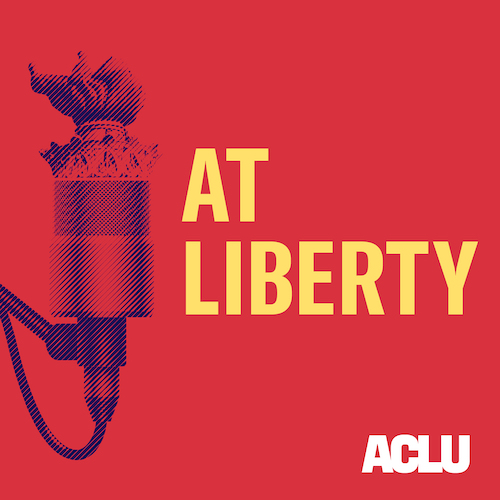Judge Orders Supervision System in Washington, D.C. to Accommodate People with Disabilities
WASHINGTON – A federal court granted a preliminary injunction yesterday in a case filed on behalf of people with disabilities on parole and supervised release in Washington, D.C., ordering immediate action to address discriminatory conditions faced by the two named plaintiffs. The court also denied the government’s motion to dismiss, allowing the case to proceed.
The case, brought by the American Civil Liberties Union, ACLU of D.C., Public Defender Service for the District of Columbia, and Latham & Watkins LLP, challenges the federal government’s post-conviction supervision system in Washington, D.C. for systematically ignoring the needs of people with disabilities, thereby setting them up for failure on supervision and putting them at constant risk of sanctions, including incarceration. As the court held in its decision, such accommodations are likely required under federal disability law, specifically the Rehabilitation Act of 1973.
The preliminary injunction requires that the United States Parole Commission and the Court Services and Offender Supervision Agency (CSOSA), the two federal agencies responsible for supervision in D.C., assess what reasonable accommodations the two named plaintiffs require to have an equal opportunity to succeed on supervision, and provide all such required accommodations. “Absent an injunction,” the court’s decision reads, “the Parolees will be forced to participate in the Government’s supervision programs on an unequal footing just because of their disabilities.”
People on supervision in D.C. are required to comply with myriad and onerous rules. For people with disabilities, navigating these complex conditions is even more challenging. For example, Plaintiff Mr. Mathis — a 70-year-old military veteran with congestive heart failure that limits his ability to walk — struggles to travel throughout the city to attend frequent supervision meetings that often conflict with necessary medical procedures and hospitalizations. His supervision officer required him to wear an ankle monitor even after his doctor warned the monitor would jeopardize his health due to his heart condition.
Plaintiff Mr. Davis, who lives with chronic pain stemming from third-degree burns as well as mental health conditions, also faces disability-related barriers getting to required meetings. Yet failing to meet any of these conditions, even something as simple as missing an appointment, can land a person back in jail or prison, even when no new criminal conduct is alleged. The court agreed that “absent immediate relief, the Parolees will face irreparable harm; namely, obstacles to success on supervision solely because of their disabilities, which expose them to downstream harms like revocation and reincarceration.”
The court did not decide whether it will ultimately certify a class that could yield relief for all people on supervision in D.C. who need accommodations. Instead, the court directed the parties to agree on a schedule for further proceedings on that issue.
“The undue hardships faced by people with disabilities on federal criminal supervision in the District of Columbia have gone unaddressed for too long,” said Scott Michelman, legal director, ACLU of the District of Columbia. “This decision is a victory for equal treatment and common sense.”
“The Court’s opinion emphatically rejects the federal government's ‘do-nothing’ policy for people with disabilities on supervision in Washington, D.C., who have been forced to navigate onerous requirements without accommodations for decades,” said Allison Frankel, staff attorney with the ACLU Criminal Law Reform Project. “This ruling ensures that our named Plaintiffs will have the accommodations they need to have a fair shot at completing parole and remaining in their communities.“
“We are thrilled the Court recognized that the Parole Commission and CSOSA must accommodate our clients’ disabilities so that they have an equal opportunity to succeed on supervision,” said Zoé Friedland, staff attorney with the Public Defender Service for the District of Columbia. “We will keep fighting to make this relief permanent and systemic so that all people on supervision have an equal chance to succeed.”
The decision on the preliminary injunction can be found here: https://www.aclu.org/cases/mathis-v-united-states-parole-commission?document=Preliminary-Injunction-Opinion
The complaint can be found here: https://www.aclu.org/documents/w-mathis-v-united-states-parole-commission-complaint
Court Case: Mathis v. United States Parole Commission
Affiliate: Washington, D.C.






